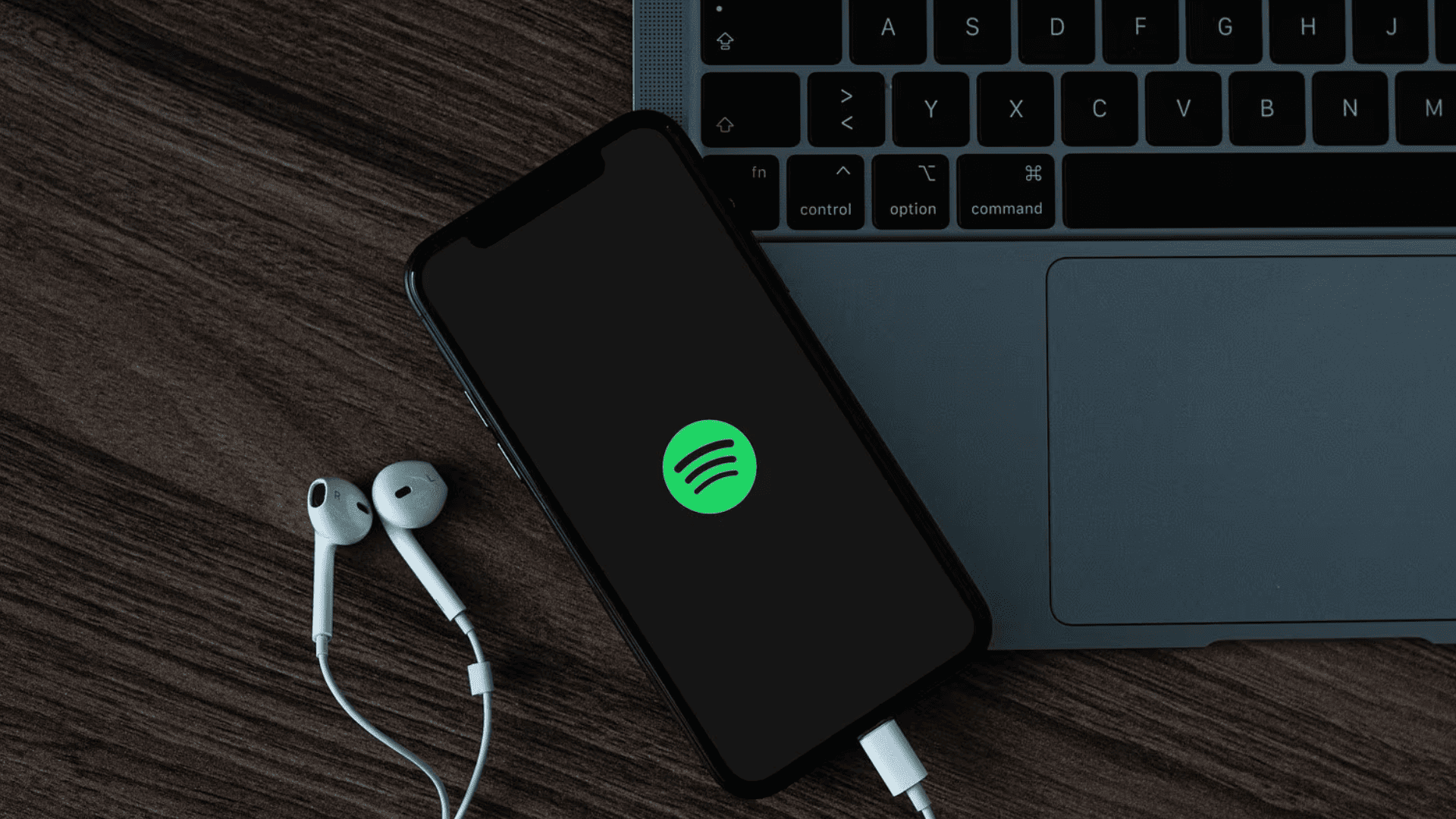Spotify has revealed that it removed 75 million tracks created with generative AI tools in the past year. The streaming giant described the removals as targeting “spammy” uploads, with a particular focus on impersonators and content farms misusing AI technology.
New AI Protections for Artists
On September 25, Spotify announced a new set of policies designed to strengthen protections for artists, songwriters, and producers. Central to these is a new impersonation policy, under which AI vocal deepfakes and voice clones created without permission will be removed from the platform.
Tackling Spam and Abuse
Spotify is also introducing a stricter spam filter that identifies mass uploads, duplicates, SEO hacks, artificially short tracks, and other manipulative tactics. Such content will be tagged and blocked from algorithmic recommendations and playlists.
Transparency Through AI Disclosure
The platform is rolling out an AI disclosure tool, developed with industry metadata group DDEX, which is intended to add transparency around the role AI plays in the creation of music. The feature will help clarify whether generative AI tools contributed to a track’s production.
Spotify’s Official Statement
In its announcement, Spotify emphasized that its mission remains consistent despite new technologies:
“While AI is changing how some music is made, our priorities are constant. We’re investing in tools to protect artist identity, enhance the platform, and provide listeners with more transparency. We support artists’ freedom to use AI creatively while actively combating its misuse by content farms and bad actors.”
The company added that Spotify does not create or own music, but functions as a platform for licensed content, where royalties are paid based on listener engagement. “All music is treated equally, regardless of the tools used to make it,” the statement concluded.
Building a Trustworthy Music Ecosystem
Spotify described these measures as part of “a series of changes” aimed at supporting a more trustworthy ecosystem for artists, rights holders, and listeners. The company pledged to continue updating its policies as technology evolves.
Wider Context: AI’s Growing Presence in Music
The move comes as streaming platforms grapple with an influx of AI-generated content. Earlier this month, Deezer reported that nearly one-third of all music uploaded to its platform is AI-generated, with more than 30,000 fully AI-created tracks being uploaded daily, a figure up nearly 20% since January.

